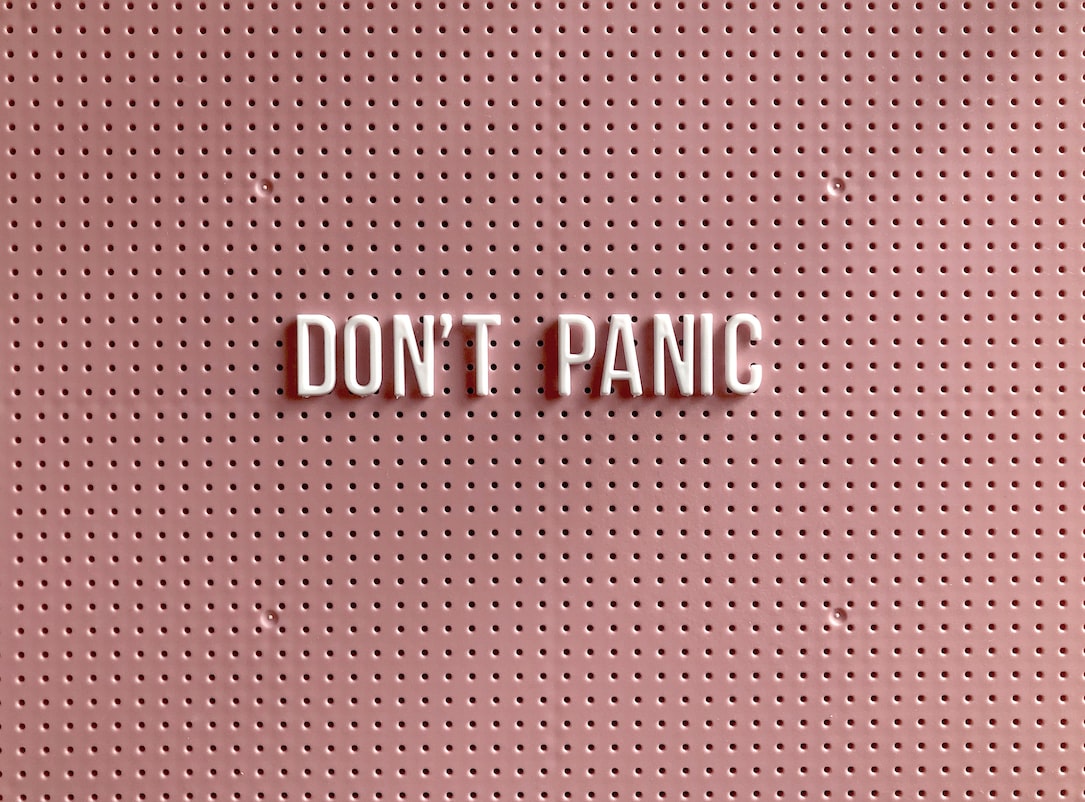Do you suffer from anxiety? If so, it’s important to know that there are many effective therapeutic interventions available to help you manage your symptoms and gain a greater sense of control over your life.
In this blog post, we will discuss four key things to consider when evaluating psychotherapy options for anxiety relief. We will review the different types of therapies available, as well as their efficacy and safety ratings in order to bring clarity and insight into this important topic.
By understanding therapeutics better, individuals can have a better chance of finding an intervention that works best for them. Keep reading to learn more about how therapeutic interventions can benefit those with anxiety!

Cognitive Behavioral Therapy (CBT)
Cognitive Behavioral Therapy (CBT) is a type of therapy that can prove incredibly beneficial for those looking to tackle unhelpful thinking patterns. By working with a trained therapist, individuals can identify the root causes of these patterns and address them head-on.
CBT also offers additional coping strategies, which can be helpful in situations where these patterns are especially prevalent. With practice and patience, it’s possible to enact real change in the way you think and interact with the world around you, making CBT a powerful tool for personal growth and development.
Anxiety can be a difficult condition to manage, but it’s important to remember that help is available. Also, anxiety in teenagers is particularly concerning. It is important for parents to ensure that their children have access to the right type of help and support, as well as a safe environment in which to express themselves. Plus, there are therapists who specialize in helping children and teenagers manage their anxiety.
Mindfulness-Based Stress Reduction (MBSR)
In today’s fast-paced world, stress and anxiety are all too common. Fortunately, there are many techniques we can use to manage these feelings. One such approach is mindfulness-based stress reduction (MBSR). This approach focuses on bringing our awareness to the present moment through meditation, journaling, and breathing exercises.
By doing so, we can reduce our stress levels and gain a better understanding of our emotional responses to difficult situations. MBSR is a powerful tool that can help us find peace amidst the chaos of our daily lives.
Additionally, for those who feel that their anxiety is beginning to get out of control, there are some helpful medications available. Medications such as SSRIs and benzodiazepines can be incredibly effective in managing the symptoms of anxiety.
Dialectical Behavior Therapy (DBT)
Dialectical Behavior Therapy, or DBT for short, is a type of therapy that focuses on improving interpersonal relationships and emotional regulation and acceptance skills. By teaching people how to manage their emotions, DBT aims to improve their quality of life. The goal is to help individuals develop a greater sense of emotional regulation and learn to accept who they are.
Through therapy, people can learn new skills that they can apply in their everyday lives to foster healthy relationships. DBT is a powerful tool that has been proven effective for individuals struggling with a range of mental health concerns.
Whether you are dealing with anxiety, depression, or other issues, DBT can help you build the skills you need to improve your interpersonal relationships and achieve emotional stability.
Group Therapy
Group therapy offers a unique opportunity to learn and grow in a supportive environment. Working with others who struggle with similar challenges allows individuals to build a sense of camaraderie and belonging while practicing new skills.
Group therapy provides participants with a platform to voice their concerns and receive feedback and guidance from peers and professionals. Additionally, in a group setting, individuals can observe how others interact and handle situations and gain valuable insights and perspectives.
The real-life situations presented in group therapy sessions provide valuable learning opportunities as individuals can practice new skills in a safe and supportive environment. Through group therapy, individuals can build confidence, develop social skills, and learn to apply new techniques to their daily lives.
Ultimately, it is important to remember that different types of psychotherapy can provide helpful tools for managing anxiety. Cognitive Behavioral Therapy (CBT) is often recommended as a first-line treatment and teaches us how to recognize unhelpful thinking patterns and replace them with healthier thoughts.
Mindfulness-Based Stress Reduction (MBSR), Dialectical Behavior Therapy (DBT), Group Therapy, and Family Therapy are other potential options that offer unique strategies for understanding anxious feelings in ourselves and those around us.
No matter which approach is chosen, the goal remains the same: creating a more mindful lifestyle by improving emotional regulation skills, reducing stress levels, and providing support from others. With courage comes strength, so don’t be afraid to look into alternative forms of therapy if traditional treatments have not been successful in treating your anxiety symptoms.




